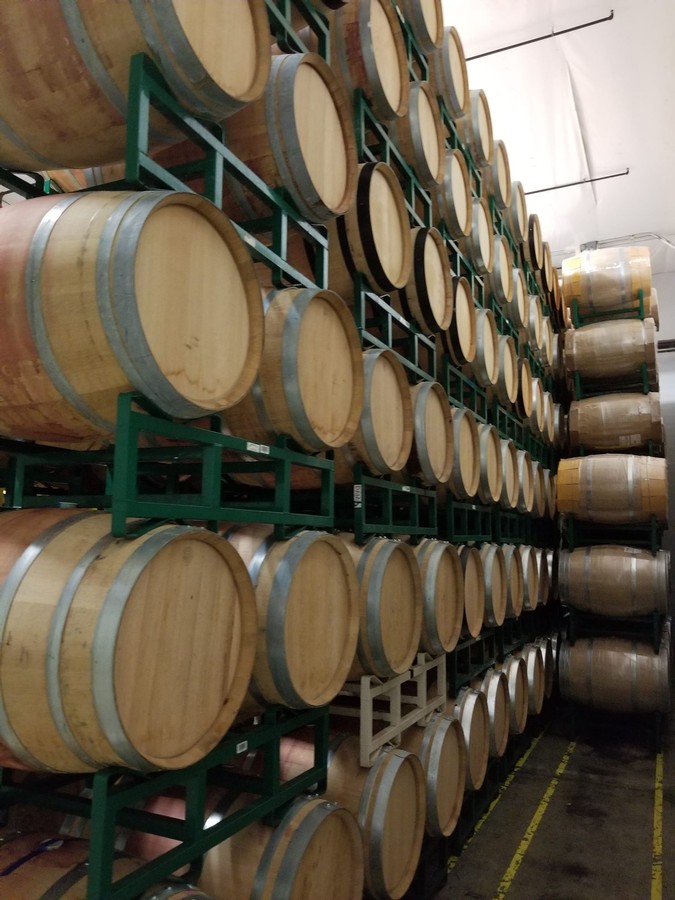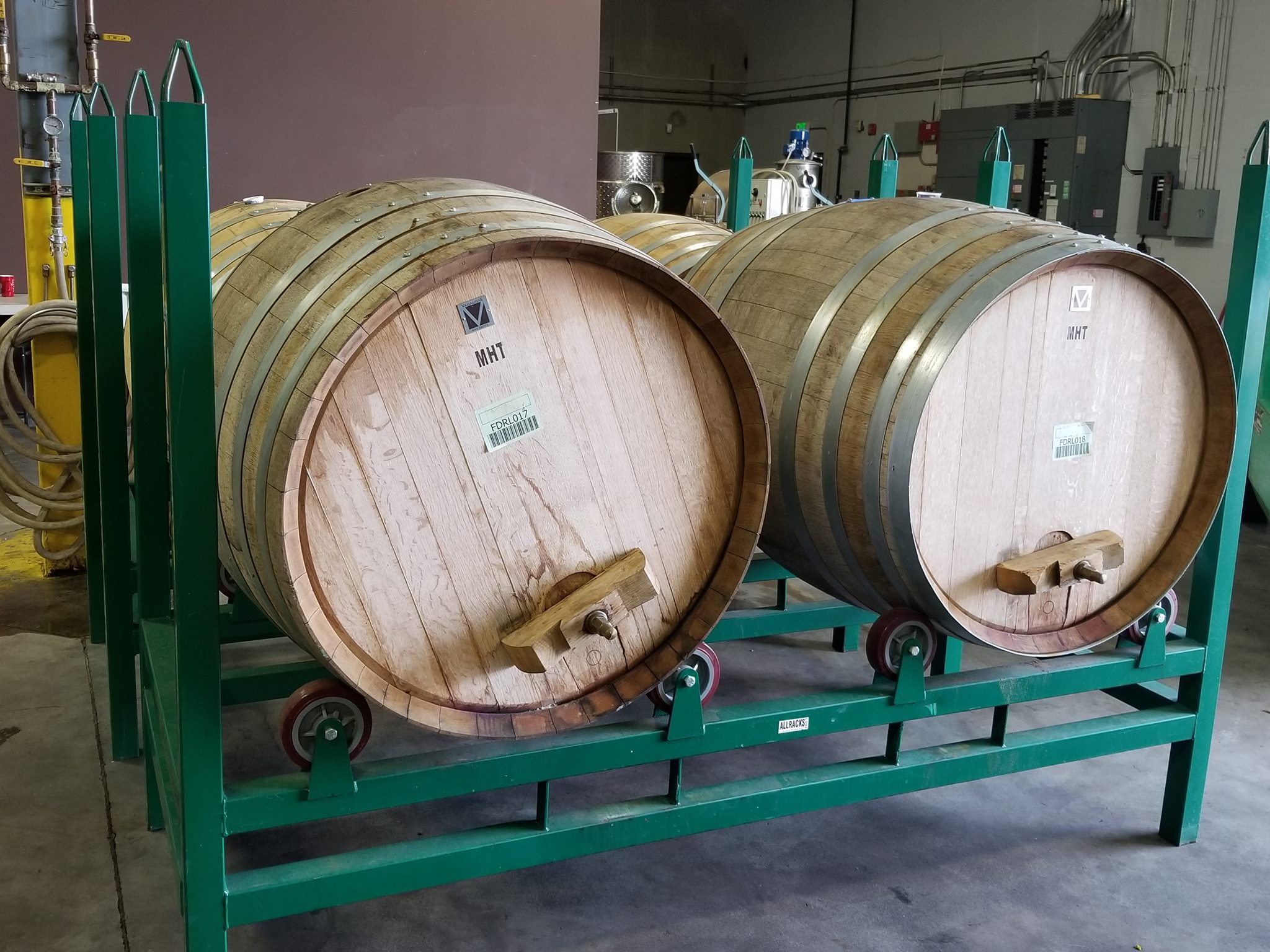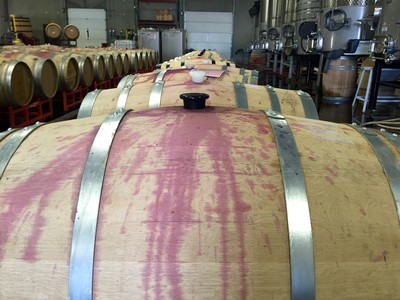Fidelitas Blind Tasting
During my visit to Tri-Cities this past weekend I was able to listen in on some blind tasting by the Fidélitas winemaking team. My previous experiences in “blind tasting” have been at dinner parties when each person brings a bottle to share or tasting a couple different combinations of varietals in the blending process. Our winemakers, however, were taking it to a completely different level.
Charlie, Hillary, and Mitch were sitting at the end of the long conference room table (it’s this type of business meeting that makes me excited to become a winemaker) with what seemed like 100 sample bottles in front of them, tasting 3-4 wines at a time, sitting in silence taking notes, swirling, spitting, then discussing their notes after each set. Once that was done, another set was sampled and the process was repeated – a testament to how a winemakers pallete must be built-up and trained over time. What they were doing was scientific and fascinating.
As a wine fan we all hear stories of consumers doing blind tastings and them rating a wine higher after the person running the study tells them it’s more expensive (even though it’s boxed wine) or even characterizing a white wine that has been died red with your typical red-wine descriptors. The point is that the human brain plays tricks on your taste buds which is why blind tasting is so important. A winemaker might love a certain barrel type or think that a certain fermentation method produces much higher quality, but can they really make that assessment fairly if they never taste it blindly? Pulling a barrel sample from their favorite barrel that was ferment in their favorite oak tank they are already gearing up to love the wine and even the most honest winemaker can’t be trusted to give their true opinion in that moment.
So back to our winemakers: they were going through and tasting barrel samples of a specific wine (our 2016’s in this case) pulled from a neutral barrel, and 2-3 other new barrel types to see what effects they were having on the wines at about the midpoint of the barrel-aging process. Different fermentation types were also sprinkled in to taste their effects blindly as well. To me this exemplifies how winemaking is the perfect blend of art and science – the method extremely scientific with it being completely blind and a control sample (neutral barrel) to compare everything against + them sharing their opinions on the different flavors, aromas, and mouth feel they’re experiencing. It also shows how committed Fidélitas is to staying true to Modern Craft winemaking techniques. Respecting what we’ve done in the past, but always testing our own opinions and seeing what else is out there to help us make world class wine on Red Mountain.


